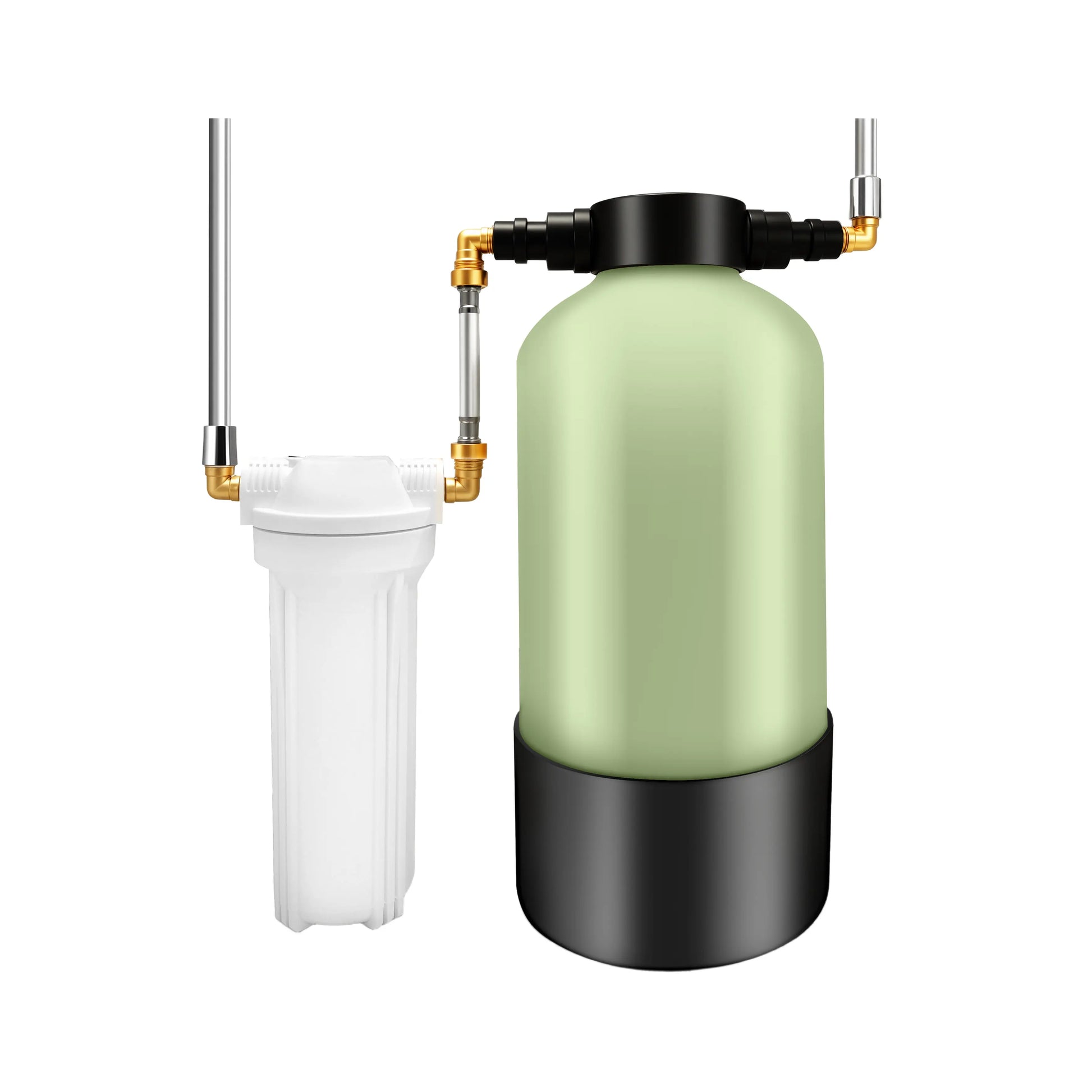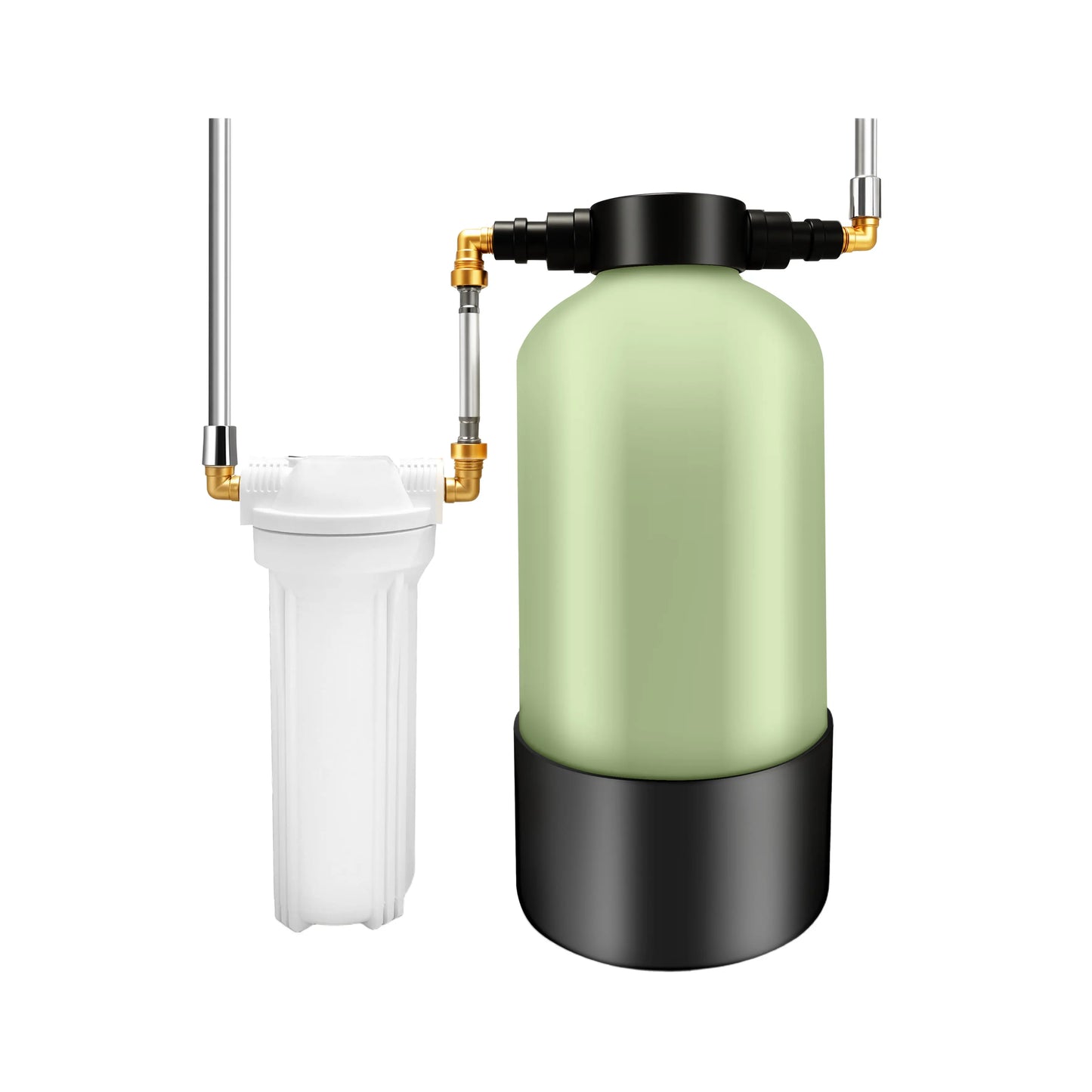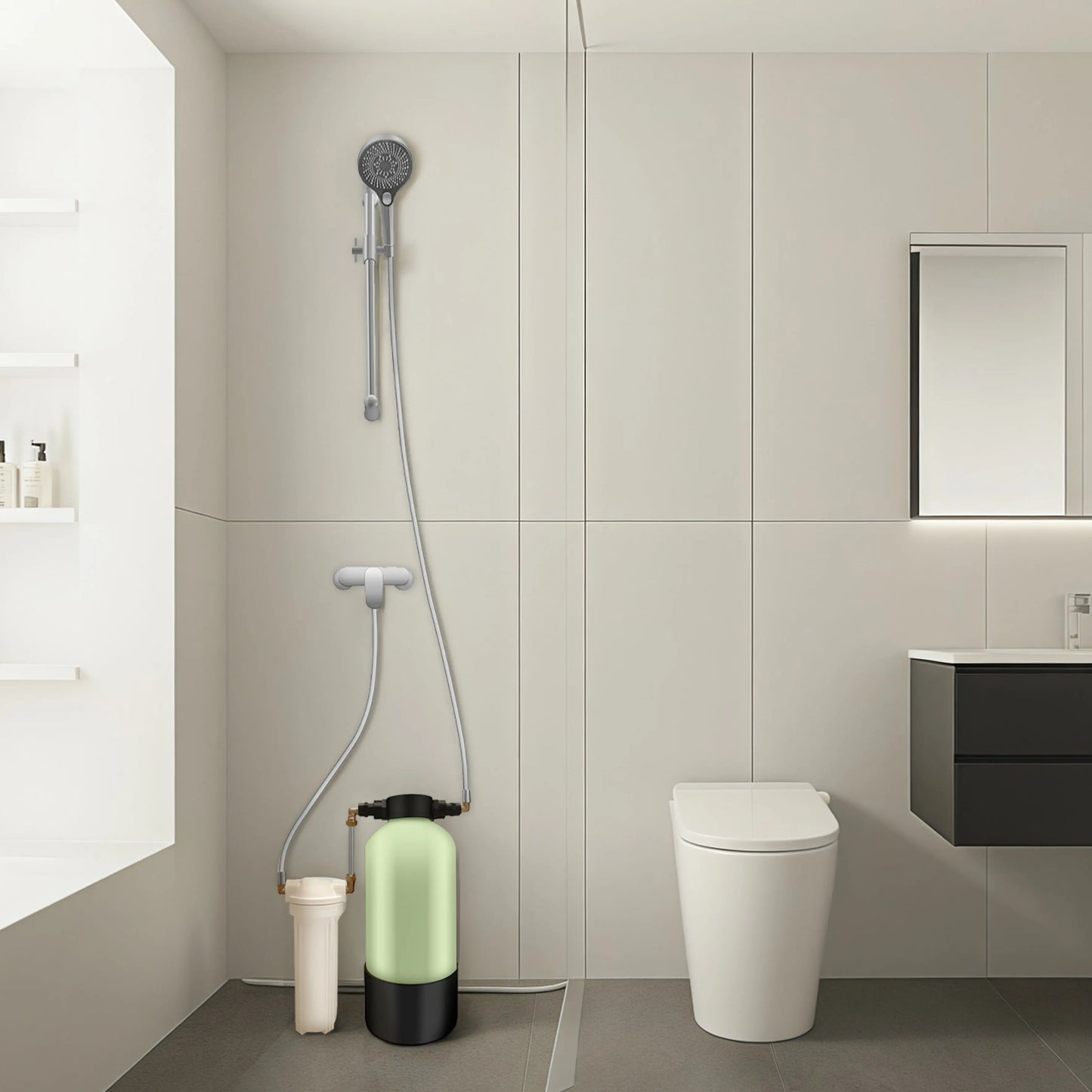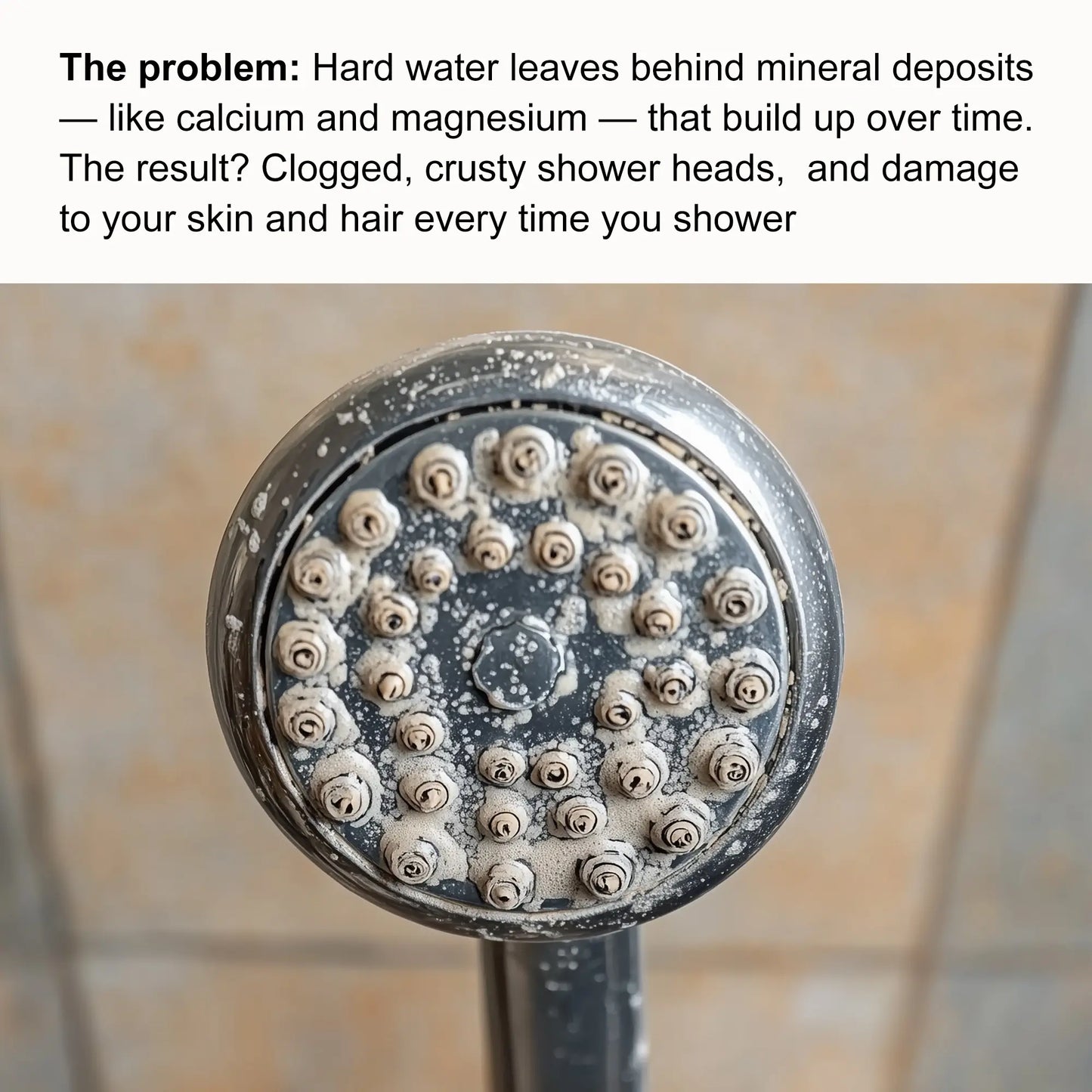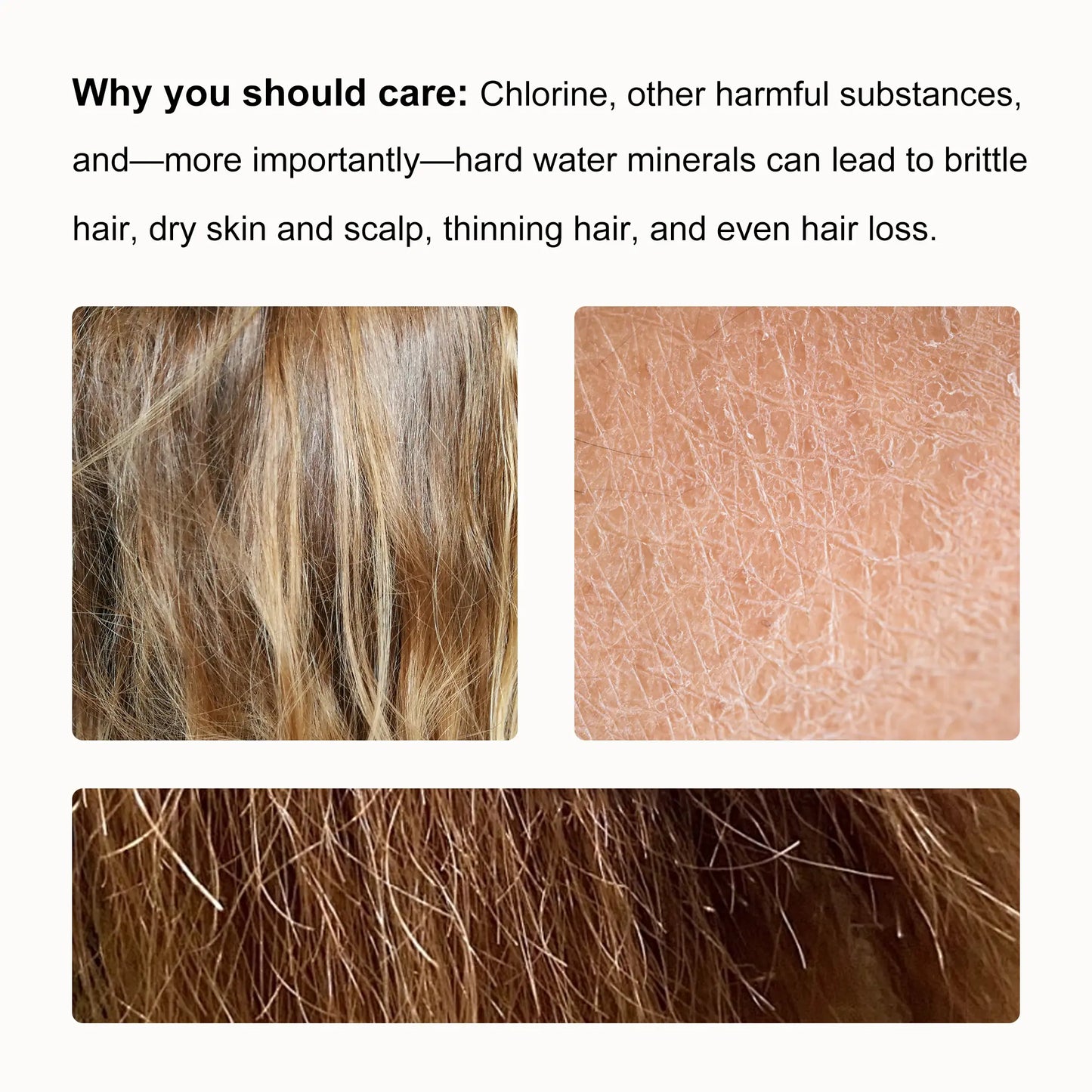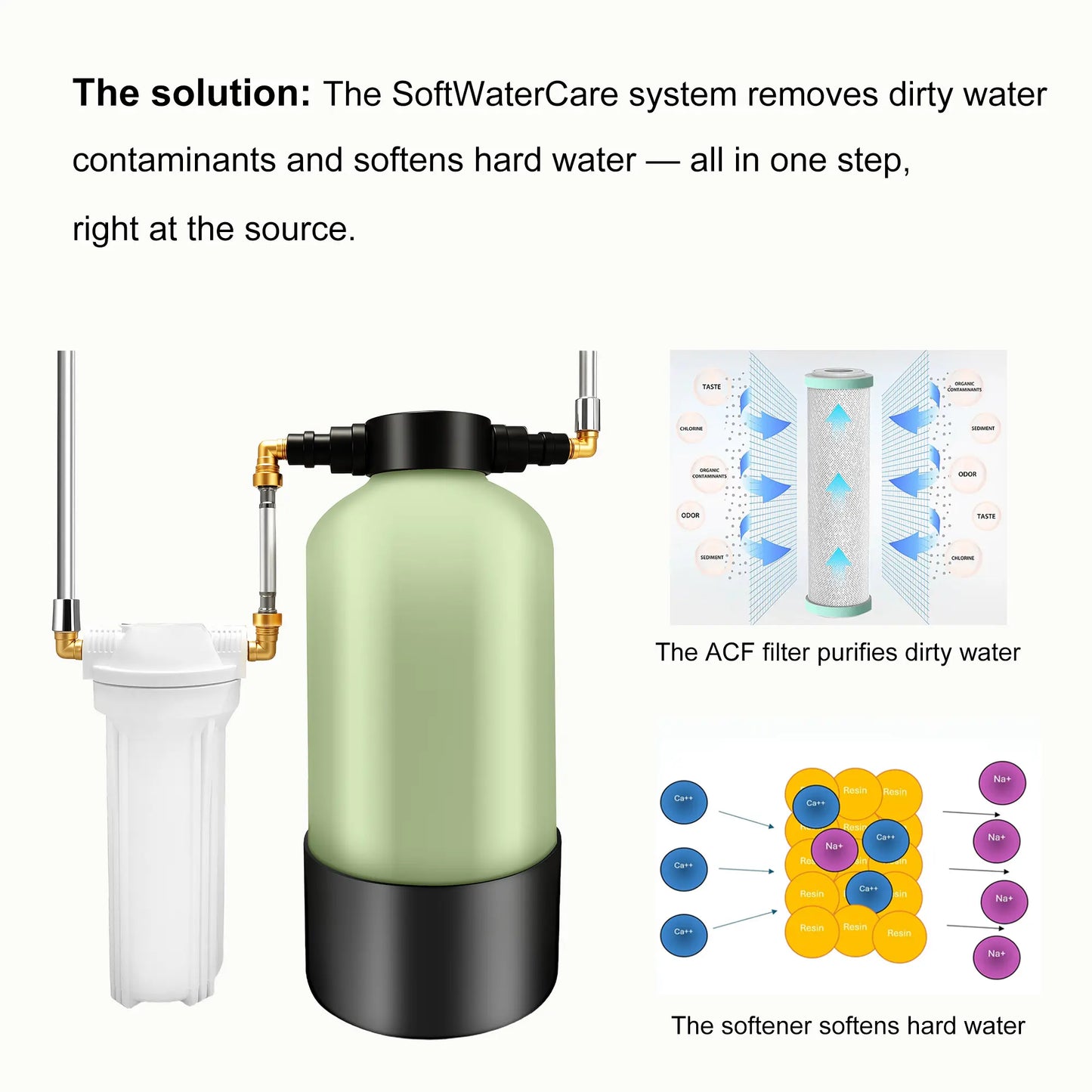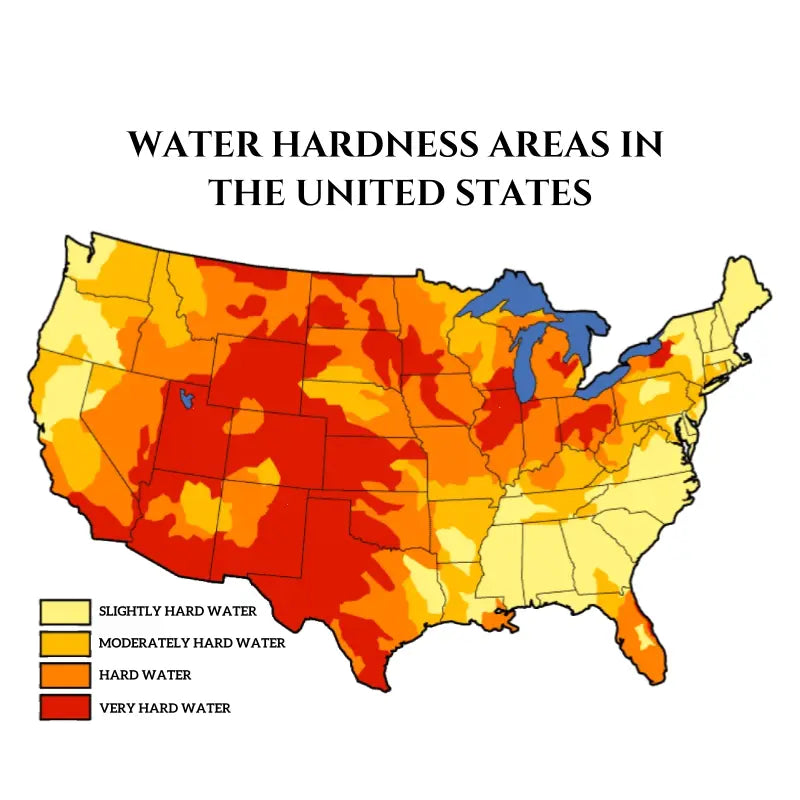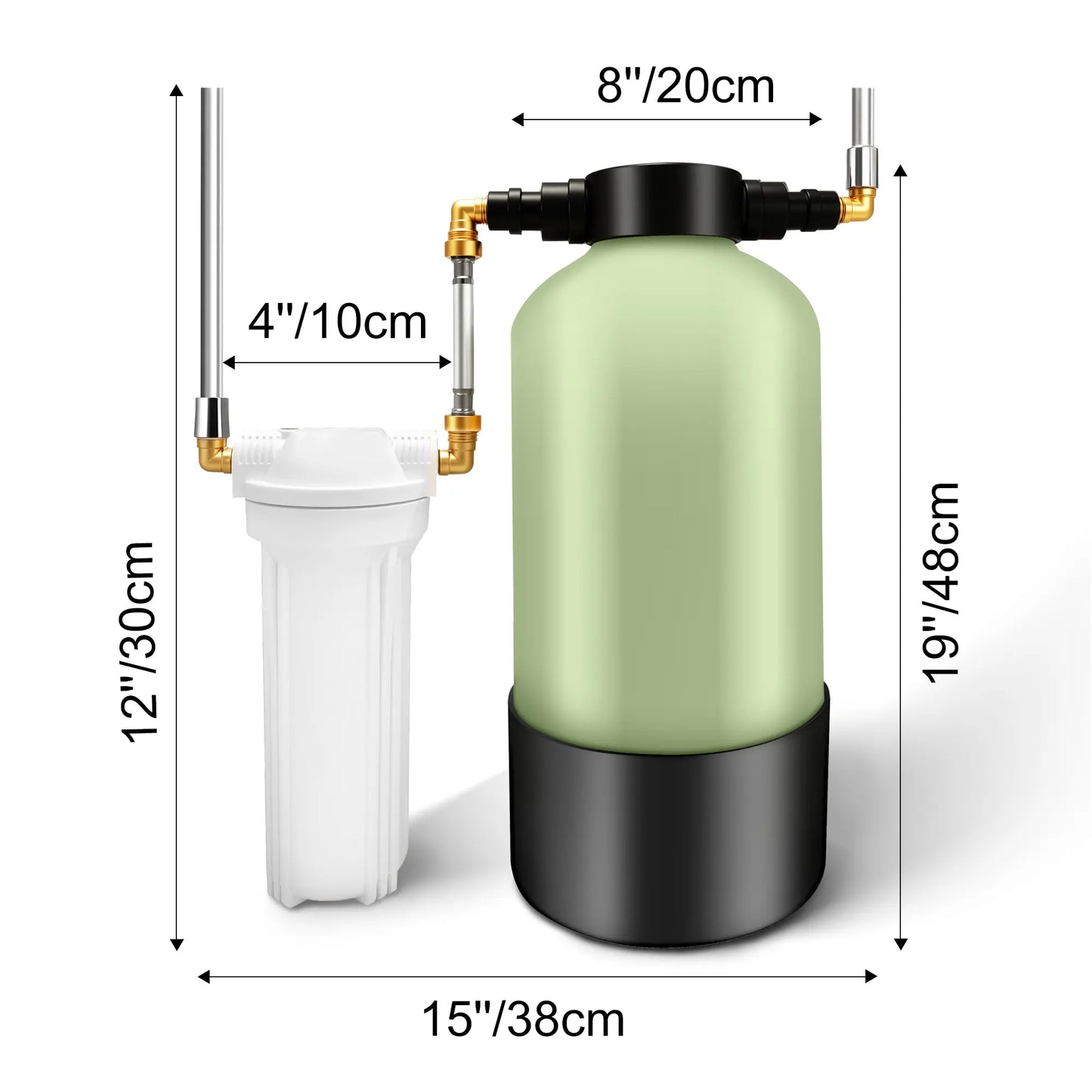What is a Water Softener?
Water softeners are essential devices designed to remove hard water minerals, specifically calcium and magnesium ions, from water. This process makes the water "soft," improving its usability for various household tasks. Hard water can lead to several issues, including scale buildup in appliances, reduced efficiency in cleaning, and negative effects on skin and hair.
The Pros and Cons of Calcium and Magnesium Ions
- Nutritional Benefits: Calcium and magnesium are essential minerals for the human body. They play vital roles in bone health, muscle function, and overall metabolic processes.
- Scale Formation: The presence of these minerals leads to scale buildup in appliances like washing machines and dishwashers. This can reduce their efficiency and lifespan.
- Effects on Hair and Skin: Hard water can leave hair dull and lifeless, while skin may feel dry and irritated. This is due to the minerals interfering with soap's ability to lather and clean effectively.
When Do You Need Soft Water
1. Hard Water Issues
2. Appliance Longevity
3. Health Impacts
Methods of Softening Water
1. Salt-Based Soft Water
-
Advantages: Effectively removes calcium and magnesium ions, preventing scale buildup and improving cleaning efficiency.
-
Disadvantages: Introduces sodium into the water, which may not be suitable for everyone, especially those on low-sodium diets. Additionally, salt-based water softener systems generally require more space.
2. Salt-Free Water Softeners:
-
Advantages: These systems don't add anything to your water. They don't remove calcium and magnesium but instead change the way these minerals behave. This can help reduce scale buildup.
-
Disadvantages: Because salt-free water softeners don't remove calcium and magnesium ions, the water remains essentially hard. This means it can still cause damage to your skin and hair. Additionally, in areas with very hard water, these systems may not be as effective as salt-based systems.
What is Point of Use Water Softener?

Why is Point of Use Water Softener Better?
- Targeted Treatment: Unlike whole-house systems that may have limitations, POU systems can be tailored to specific needs.
- Cost-Effective: POU systems generally have lower installation and maintenance costs compared to whole-house softeners.
- Space Saving: These systems require less space, making them ideal for apartments or smaller residences.
- Flexibility: Homeowners can choose different types of water treatment based on their specific needs and preferences. For instance, they can decide to use salt-based or salt-free systems depending on the area’s water quality.
- Ideal for Temporary Situations: POU softeners are perfect for vacation homes or temporary residences where a full investment in a whole-house system is not practical.

